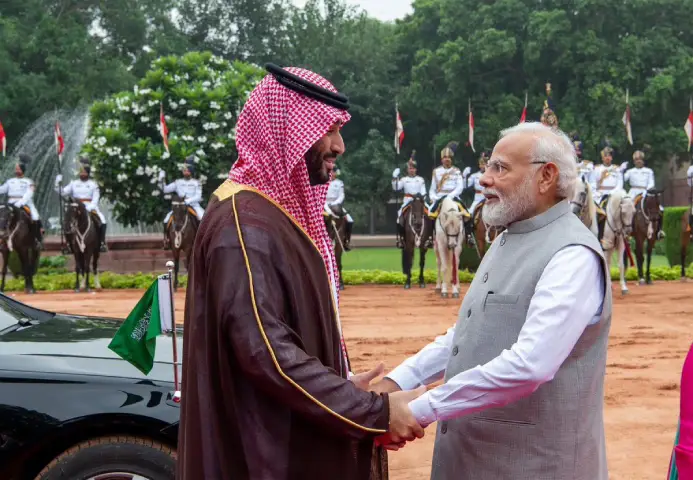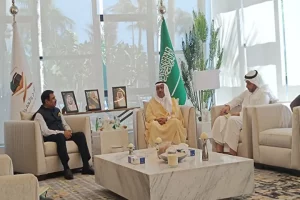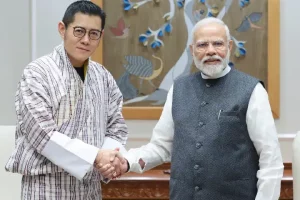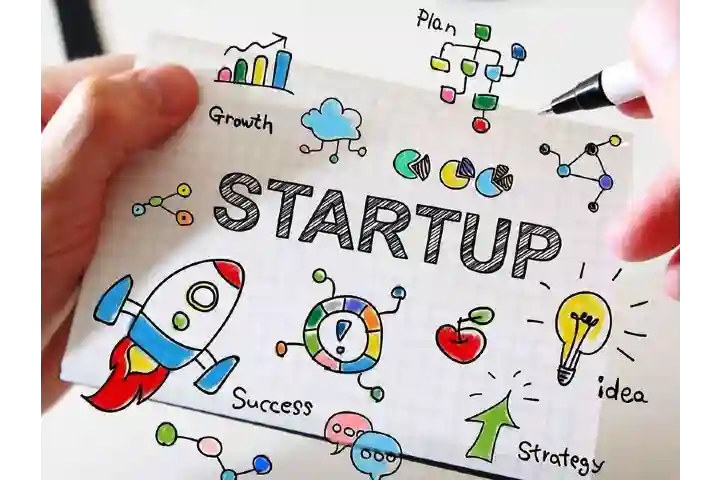Enhancing trade and investments in the area of food and drugs will be the next focus for India and Saudi Arabia as the two nations shift gears in cementing ties. Saudi Food and Drug Authority’s (SFDA), CEO Hisham bin Saad Aljadhey, who participated in the World Food India Conference 2023 in New Delhi, met Union Minister Piyush Goyal to discuss ways to increase imports of Indian drugs and food items into the Kingdom. Aljadhey has had a packed schedule in New Delhi.
The official held discussions on the quality and safety of medicines with the director of the Central Drugs Standard Control Organization (CDSCO), besides meeting a host of companies which deal in food, pharmaceutical products and medical devices to get a better picture on the challenges faced by them in investing in the Kingdom.
India and Saudi Arabia– one of India’s key export markets for pharmaceutical products– have deepened economic and cultural ties in the last few years.
While Saudi Arabia is critical for India’s energy requirements, food security is Riyadh’s thrust.
By 2030, the Kingdom, home to 2.8 million Indians, is hoping to have 12 million visitors from India.
With growing ties, the two nations are now focused on boosting multimodal connectivity.
The proposed India-Middle East-Europe Economic Corridor (IMEC) Project, signed at the G20 Summit in New Delhi, holds significant geopolitical and economic implications for India and the Gulf region.
The project which will consist of multimodal network including rail and waterways is said to be gamechanger in facilitating trade and other economic activities.
Recently, Saudi Arabia’s King Abdulaziz Port, commonly known as Dammam Port, was added to the to India Gulf Express Freight Service route connecting with India’s Nhava Sheva, Mundra and Mangalore, an exercise that will boost trade in the region. The port is already a part of India- Saudi-Iraq service route started by the Singapore operated Bengal Tiger Line. Later this year, the Mediterranean Shipping Company (MSC) is slated to start a liner service from Saudi Arabia’s Jeddah Islamic Port which will connect Mundra and Nhava Sheva in India.
“Connecting ports and a shared thrust on developing and leveraging the economies between the Gulf and India will go a long way,” a foreign policy watcher told India Narrative.
In July, Saudi Arabia based Muslim World League Secretary General Mohammad bin Abdulkarim al-Issa visited New Delhi. Addressing a large gathering at the India Islamic Cultural Centre, he spoke of India’s unity. He also underlined how the Muslim community in the country had a sense of national pride. “They are proud that they are Indian nationals and they are proud of their Constitution,” he said.
Saudi Crown Prince and Prime Minister Mohammed bin Salman undertook a state visit to India just after the G20 summit in New Delhi.
Last month, Goyal was in Saudi Arabia to participate in the seventh edition of Future Investment Initiative (FII) in Riyadh.
Saudi Arabia is one of India’s most important strategic partners. The trade between the two countries reached an all-time high of $52.75 billion in FY 2022-23. Sources said that India is now planning to hold a track 1.5 dialogue with the six member Gulf Cooperation Council (GCC) countries later this year at a time when New Delhi is looking to ink a free trade agreement at the earliest with the GCC bloc, headquartered in Riyadh.
India’s role in enhancing Saudi Arabia’s digital infrastructure and economy will also be critical as the Kingdom lays the Vision 2030 aiming to increase non-oil GDP to 50 per cent.
But not just economic and trade integration, India and Saudi Arabia are also connecting culturally.
Also read: How and why workplaces in Saudi Arabia are turning gender equal




















